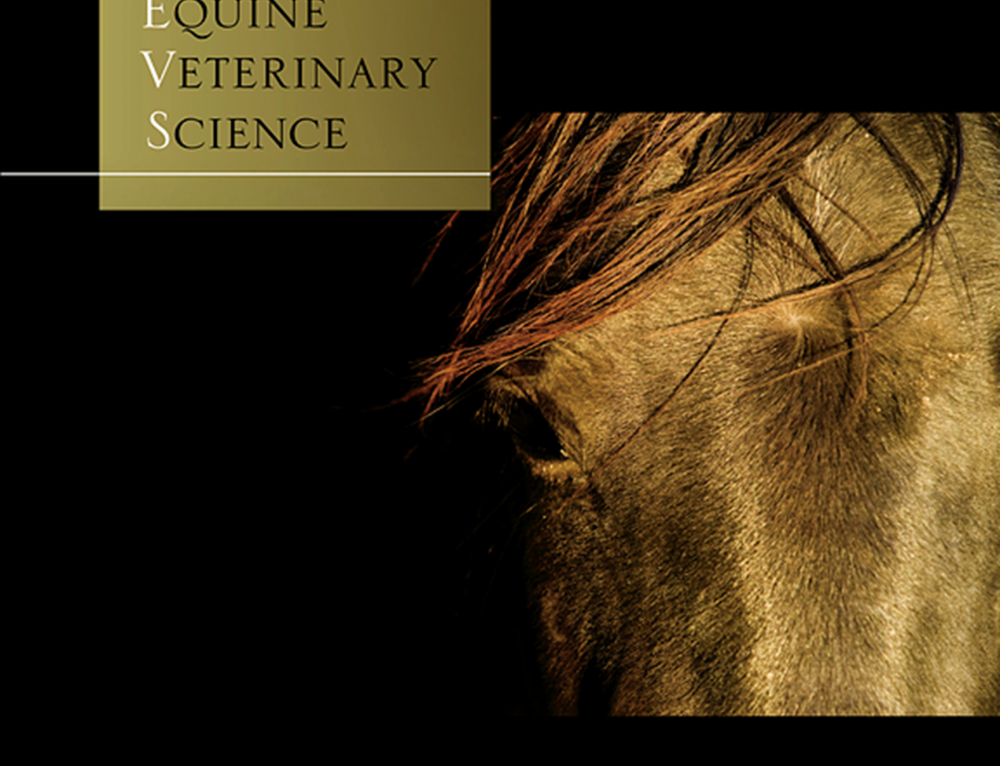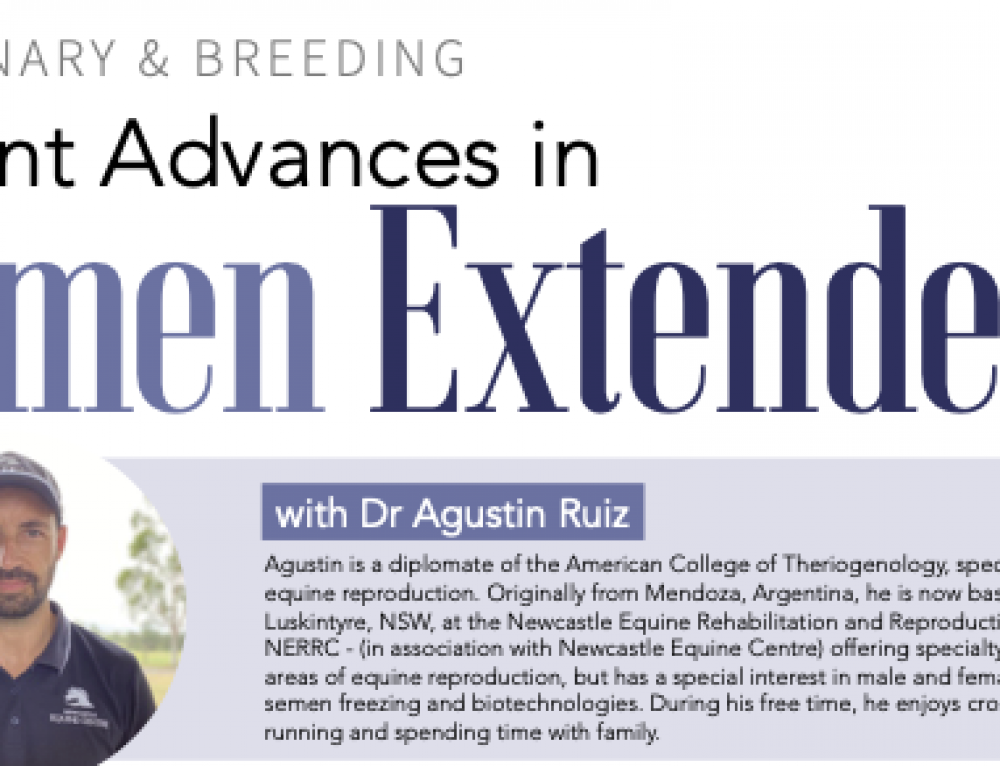By Dr. Morgan Webber
BVSC (Hons) MANZCVS (Equine Medicine)

The sometimes hard task of getting your mare in foal is now accomplished – now what!? It will be very important to monitor your mare closely as she progresses throughout different stages of pregnancy as her needs will change as her pregnancy progresses. It will also be very important to keep your mare up to date on her vaccine and deworming schedule while she’s pregnant as this will affect her foal as well.
If you mare is not up to date on routine vaccines when she becomes pregnant, we highly recommend at the very least vaccinating for tetanus and Hendra virus at the beginning of pregnancy.
- Tetanus toxoid: Initial dose followed by a booster 4-6 weeks later (followed by annual vaccinations)
- Hendra virus: Initial dose followed by a booster 3-6 weeks later, and a booster 6 months later (followed by annual vaccinations)
Once your mare is up to date on routine vaccinations (tetanus, Hendra, +/- strangles) she will also need to be vaccinated for equine herpesvirus at months 5, 7, and 9 of gestation. This is crucial as equine herpesvirus is a known cause of abortion.
There are other vaccines to consider for your pregnant mare (including rotavirus, botulism, Salmonella), we recommend having a chat with one of our vets regarding these vaccines to discuss your mare’s circumstances and location to decide if she may require these vaccines as well.
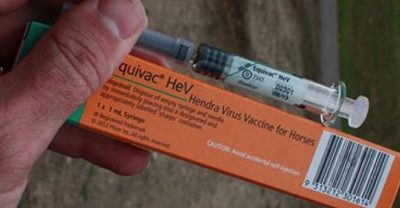
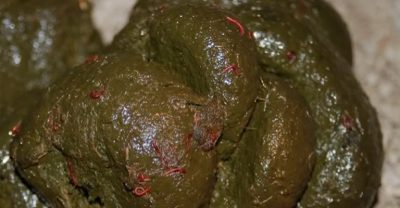
It will also be very important to monitor faecal egg counts (FEC) throughout your mare’s pregnancy. We recommend monitoring a FEC every 3 months during pregnancy and deworming accordingly. This will become increasingly important when approaching parturition as the mare’s manure is often the source of parasitism for her foal.
During the last 4 months of pregnancy, you foal will experience a growth spurt and will steadily demand more energy from the mare. Having your mare on quality forage and hard feed is usually enough to sustain this increase in energy demand however it will be important to continue to monitor her body condition to not only ensure she isn’t losing weight during late pregnancy but to also monitor for increased weight gain if she’s on increasing amounts of feed. Obesity in pregnant mares increases the risk of complications throughout pregnancy and parturition and should be avoided. An ideal body condition of 5/9 is desired throughout pregnancy (well-rounded hips, ribs covered well but can be felt).
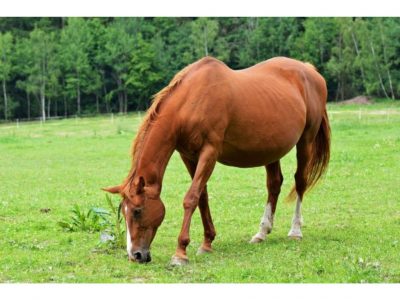
The average length of pregnancy in the mare is 338-343 days, however some mares have shorter or longer gestational periods. When approaching the last month of pregnancy, it will be important to monitor her udder for changes (enlargement, waxing up, leaking milk), as these can be signs of parturition or if seen too early can be a sign that there’s a problem. Please monitor your mare closely throughout pregnancy and never hesitate to call us with any questions or concerns!
This is a very exciting time but can also be stressful, which is why it is very important to take every precaution throughout pregnancy to ensure a successful gestational period and parturition! If you have any questions or would like to chat with one of our vets regarding your mare’s pregnancy, please contact us at 4927 6135. We’re looking forward to hearing from you!



